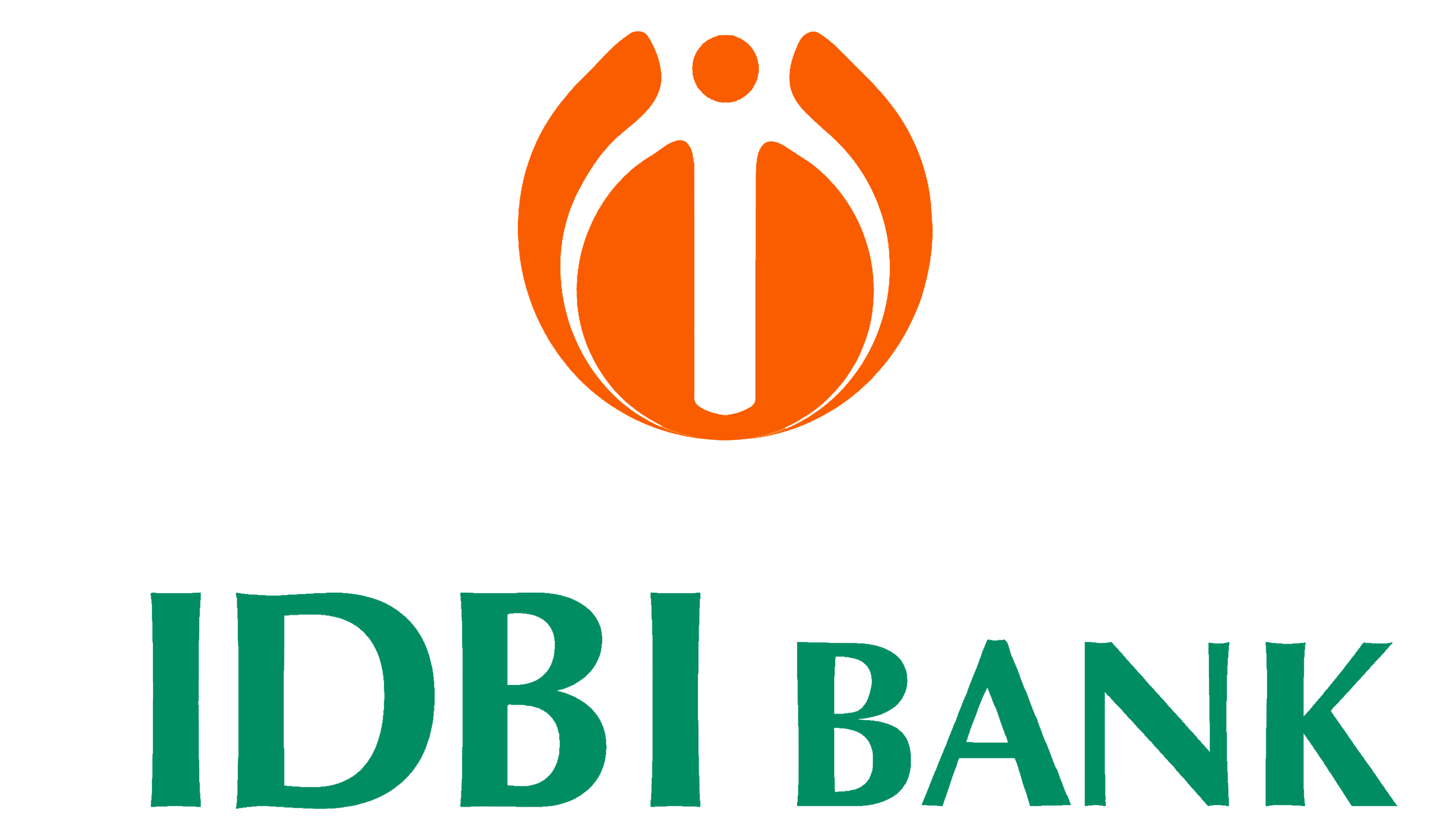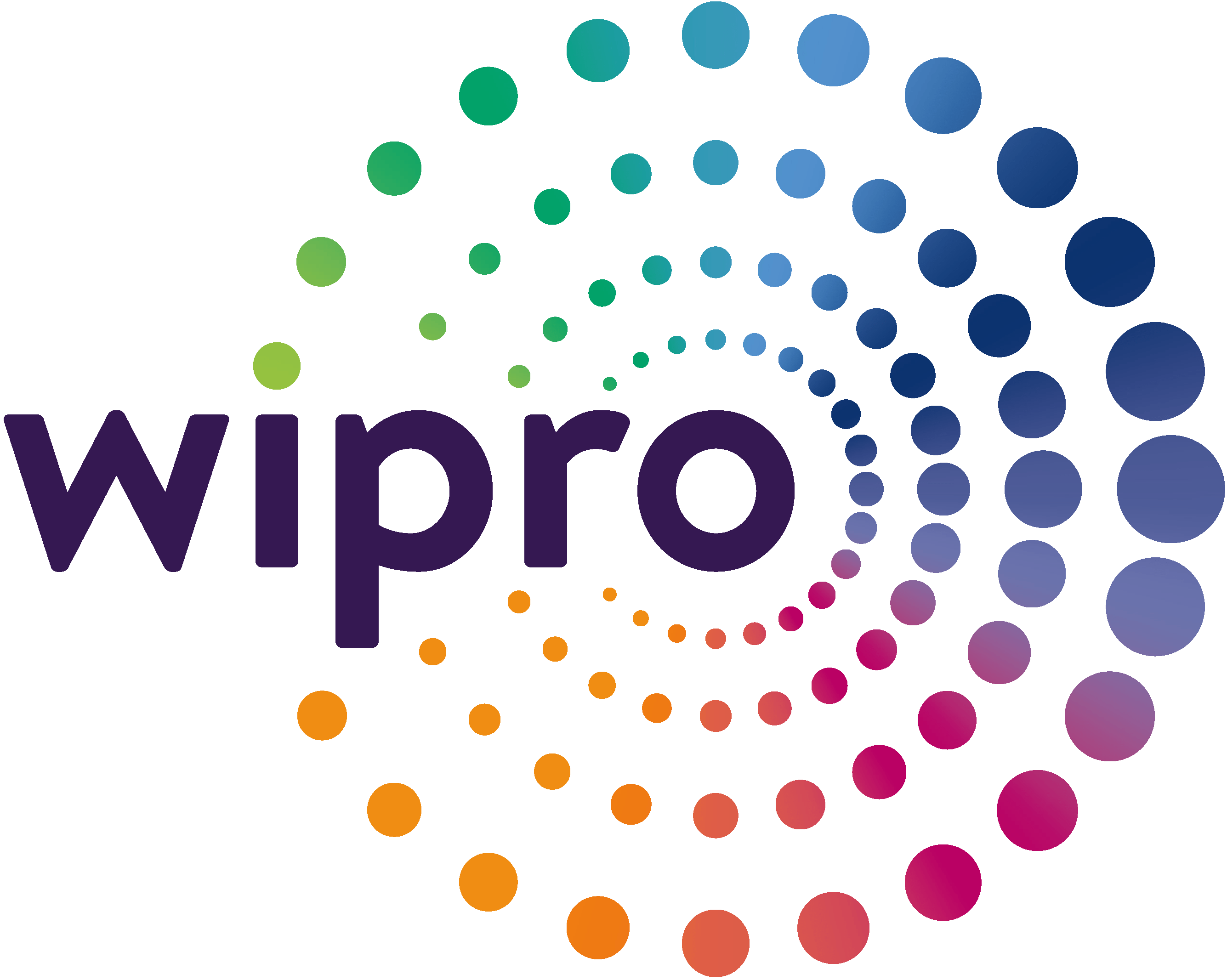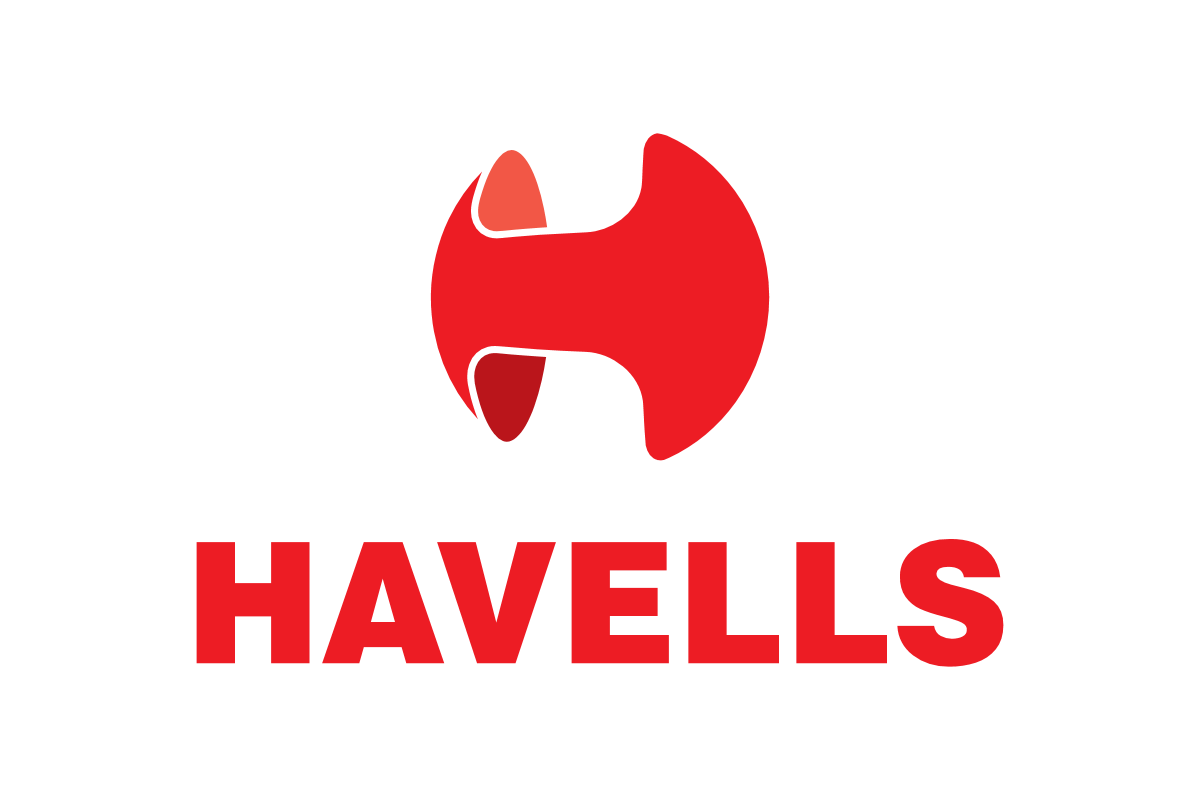EPF Registration For Private Limited Company
EPF registration for a private limited company entails registering with the EPFO to enroll employees in the Provident Fund scheme, ensuring compliance with regulations and supporting employee retirement savings. It is a compulsory process to formalize employee benefits and meet legal requirements.
Get Your EPF Registration For Private Limited Company
Make your business global. Apply from anywhere in India with EPF Registration For Private Limited Company
- Connect with our Experts
- Submit Your Required Documents
- Track Application Status
- Received your Certificate














